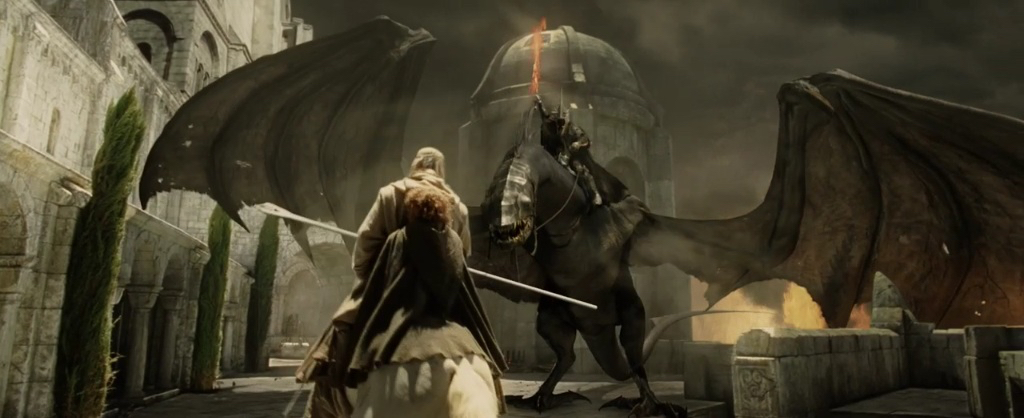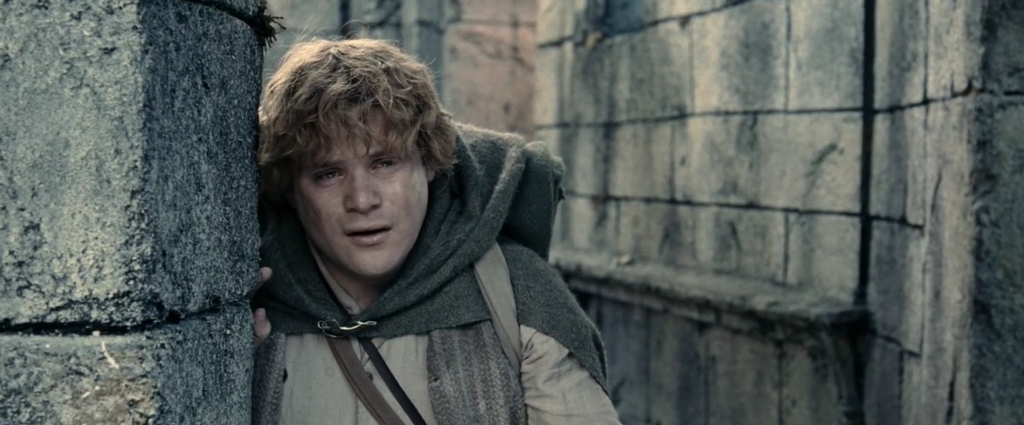When I started this blog I said I wasn’t going to limit it to any specific topic, but that anything I think is worth sharing is fair game. So far, I’ve mostly written about matters of faith. Actually, that’s all I’ve written about, save the first paragraph of one post in which I got into a bit of a technology tangent. You probably didn’t notice, but I added a Technology category that I used on that post alongside my standard Christianity one. As I was writing that post, I had the thought that I just might get into that area a little more in the future. Now I’ve decided that I will.
Anyone who knows me well knows that I am a bit of a nut about gadgets and stuff. I keep up with happenings in the tech world (lowercase t, not to be confused with Tech, that is, Virginia Tech) the way normal people follow sports or politics, and with the same intensity. My biggest time waster is not Facebook but sites like Mashable, TechCrunch, and various individual tech bloggers. Which often include news about Facebook. So this isn’t the first time I’ve thought about doing some of my own tech blogging. I’ve never gone through with it because I didn’t really feel like I had anything to add. There are plenty of sites out there to get news. Mashable and TechCrunch are just two of them. The individual tech bloggers generally don’t break news but weigh in on it, giving their own insights, predictions, etc. But I didn’t really feel like had anything to add in that respect, either. Then the other night it hit me. Reviews. I enjoy trying out new apps, and when I can, new devices. And I can be very opinionated about what I like and what I don’t. Apple has left me with a deep appreciation for design—in aesthetics, functionality, and overall experience. As have many of the great iOS developers out there.
In the technology/startup world, a pivot is a company’s change in direction or focus from their original product or service. I’m blanking on an example right now. In the case of this blog, a pivot would be if I were to turn it into a technology blog. But don’t worry, that’s not what I’m going to do. What I’m doing isn’t really pivoting, in the strictest sense of the word. I will still be posting along the lines of what I’ve written on the blog before. That probably will remain my primary focus. I believe that matters of faith, of Truth, are the most important things I can discuss and share. That’s why so far that’s all I’ve written about. But I think there can be value in discussing technology as well.
So what you can expect in the future: as I said, I will keep writing about stuff God is showing me much, if not most, of the time. But I will also start posting reviews now and again. Unfortunately, unlike the tech blogs I read, I don’t have access to review units or the money to buy every new gadget that comes out. When I do get new hardware, I may decide to write a review. But I think the most valuable opinions I have to give in this area are on apps—specifically of the iOS variety. I’ve gotten comments about the number of apps I have on my home screens (although my brother beats me by a factor of…a lot.)(Update below.) Because most apps are free or cheap, I download new ones a lot to try out. Some become essential to my daily life, others find a place on my last home screen, so I can access them if I ever find a need for them. Others I get rid of. All that to say, I think it might be interesting for others out there to hear my thoughts on the apps I use, because we’ve entered an age where a significant percentage of the population of the developed world (and a growing number of people in the rest of the world) depend on pocket-sized computers that moonlight as phones, and on the apps that run on them. After all, smartphone sales have overtaken PC sales around the world.
This tech reviews thing might expand from here. It might get to a point where I decide to spin it off into its own blog. We’ll see. This is just another step in this big experiment that is this blog.
To whet your appetite a little: I downloaded a new iPhone app the other day called Moves. It’s basically an app that tracks your activity—walking, running, and cycling—as you go throughout your day. I’ve been using it the past few days, and while I have some initial impressions, the nature of the app is such that I want to get a good week of use out of it before writing about it—probably until next weekend. If you want to see it for yourself in the meantime, check it out on moves-app.com, and on the App Store. Stay tuned.
If you’ll excuse me, I have a Super Bowl party to get to.
Update: The results are in: my brother and I have compared numbers and it turns out I was wrong—more like using outdated information. I’m still pretty sure a couple years back he had a lot more apps than I did, but somewhere along the way the tables turned.



